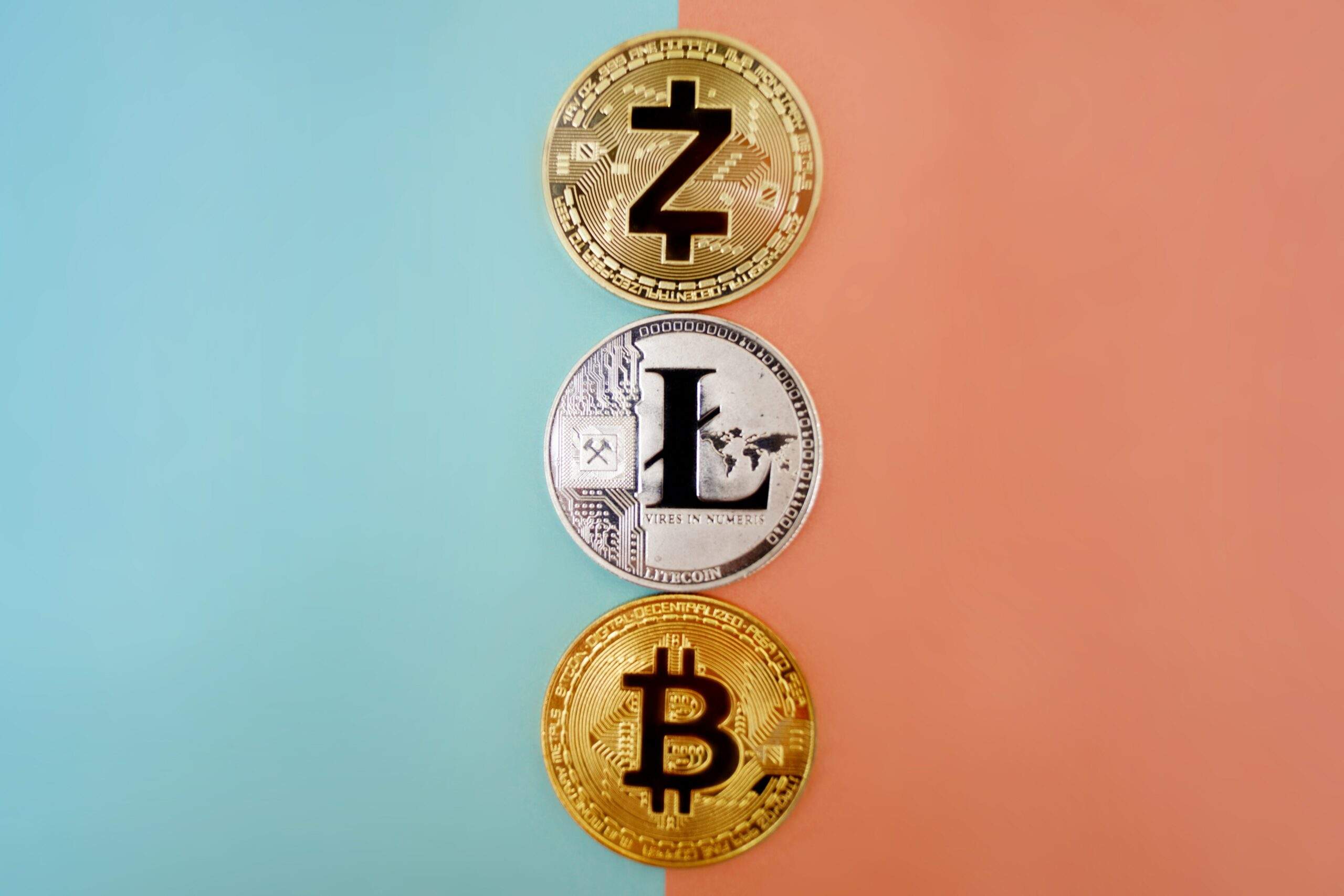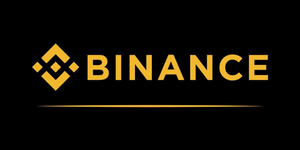-
Bitcoin Price: $64,241
3.84%
-
All-Time High: $73,738.00
12.73%
- 24h High / 24h Low: $66,884 / $63,571
-
Market Cap: $1,267,112,840,983
3.39%
- 24h Volume: $31,642,296,482
Exploring the benefits and potential uses of Litecoin

Source: Unsplash.com
Litecoin is a decentralized digital currency that enables instant, near-zero cost payments to anyone in the world. It was created in 2011 by Charlie Lee, a former Google engineer, and is based on the Bitcoin protocol. In this article, we’ll take a closer look at Litecoin and its features, history, and potential uses.
What is Litecoin?
Litecoin is a peer-to-peer cryptocurrency that uses blockchain technology to enable instant, secure, and near-zero cost payments to anyone in the world. It is an open-source project released under the MIT/X11 license, which means that anyone can use, modify, and distribute the software for any purpose.
Litecoin is based on the Bitcoin protocol, but it has a few key differences that make it a more efficient and scalable cryptocurrency for everyday transactions. For example, Litecoin has a faster block generation rate and a larger maximum supply of coins, which allows it to process more transactions per second and accommodate a larger number of users.
History of Litecoin
Litecoin was created by Charlie Lee in October 2011. Lee was a computer science graduate and former Google engineer who had become interested in cryptocurrencies. He saw an opportunity to improve upon the Bitcoin protocol and create a faster, more user-friendly cryptocurrency.
Lee released the Litecoin software under an open-source license, and it quickly gained popularity among cryptocurrency enthusiasts. By November 2013, the Litecoin network had processed its first block, and the price of a Litecoin began to rise.
Since then, Litecoin has continued to grow and evolve, with an active community of developers and users working to improve the technology and expand its potential uses.
Key features of Litecoin
Litecoin has several key features that make it a popular choice among cryptocurrency users. These include:
Fast transaction speeds: Litecoin transactions are processed much faster than Bitcoin transactions, with a block being generated every 2.5 minutes. This makes Litecoin a more efficient and scalable cryptocurrency for everyday transactions, such as buying groceries or paying bills.
Large maximum supply: Litecoin has a maximum supply of 84 million coins, compared to 21 million for Bitcoin. Some argue that Litecoin therefor has more room to grow and can accommodate a larger number of users.
Strong security: Litecoin uses the same proof-of-work algorithm as Bitcoin, but it has implemented several additional security measures to protect against attacks. For example, Litecoin uses a different hashing algorithm (Scrypt) than Bitcoin, which makes it more difficult for hackers to manipulate the Litecoin network.
Potential uses for Litecoin
Litecoin has many potential uses and applications. Some of the most common and compelling include:
Everyday transactions: Litecoin’s faster transaction speeds make it well-suited for everyday transactions, such as buying groceries or paying bills. It is also widely accepted by merchants, making it easy to use for a variety of purposes.
Cross-border payments: Litecoin can be easily sent and received anywhere in the world, making it a convenient option for cross-border payments. It is also cheaper and faster than traditional methods of money transfer, such as wire transfers or money orders.
Investment: Like other cryptocurrencies, Litecoin is highly volatile and can be a risky investment. However, it has also seen significant growth over the years, and some investors view it as a potential store of value.
Conclusion
Litecoin is a decentralized digital currency that has many of the same features as Bitcoin, but with certain differences that make Litecoin an interesting alternative. No wonder why Litecoin has gained huge popularity among many cryptocurrency enthusiasts. Despite its age, even in 2022 the project is still worth a closer look.
Disclaimer
This article does not provide investment advice. Historical cryptocurrency data is not a guarantee of future market developments. The author may hold several of the cryptocurrencies mentioned in this article.
Read more About
THIS WEEK’S
Trending Posts
-
 May 24, 2023
May 24, 2023Bitcoin and the Environment: Debunking the Myths
-
 February 2, 2023
February 2, 2023Explained: Advantages & Disadvantages of KYC
-
 January 24, 2023
January 24, 2023Ethereum successfully launches Shadow Fork in preparation for upcoming Shanghai Hard Fork
-
 January 11, 2023
January 11, 2023Assets worth $5 billion in cash and cryptocurrency seized from FTX
-
 December 19, 2022
December 19, 2022Stablecoins: The future of digital currency?
SPREAD THE WORD
Share this Post
HAND-PICKED
Curated Cryptocurrency Posts
-
 May 24, 2023
May 24, 2023Bitcoin and the Environment: Debunking the Myths
-
 February 2, 2023
February 2, 2023Explained: Advantages & Disadvantages of KYC
-
 January 24, 2023
January 24, 2023Ethereum successfully launches Shadow Fork in preparation for upcoming Shanghai Hard Fork
-
 January 11, 2023
January 11, 2023Assets worth $5 billion in cash and cryptocurrency seized from FTX
Didn't find the answer you were looking for?
Feel free to check our cryptocurrency market data or our comprehensive blockchain glossary.















